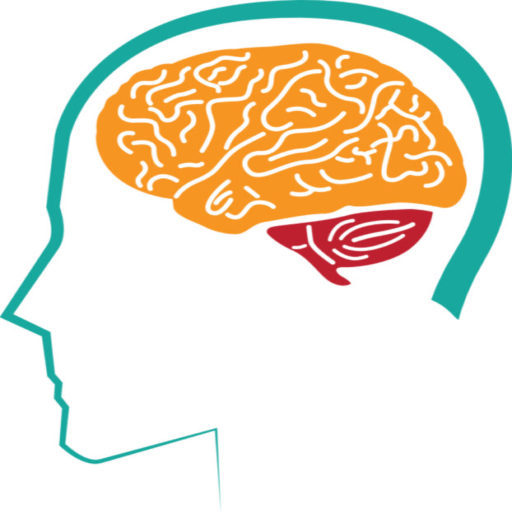Mental Health
Mental Health is a person’s condition with regard to their psychological and emotional well-being. Psychological, emotional, and social health are all aspects of mental health. Mental health determines how we feel, act, and think. Additionally, it determines how we handle stress, make healthy choices, and relate to others. Every stage of life is affected by mental health, including childhood, adolescence, and adulthood. Mental illness and poor mental health are not synonymous, despite the frequent usage of the terms.
Even people who do not suffer from mental illness can experience poor mental health. In the same way, a person suffering from a mental illness can experience periods of physical, mental, and social well-being. Both physical and mental health are crucial components of overall health. Depression increases the risk of many health problems, including long-lasting illnesses like diabetes, heart disease, and stroke. Chronic conditions are also associated with an increased risk for mental illness.
Many factors can affect an individual’s mental health over time, including their environment and their circumstances. A person’s mental health may be affected when their resources and coping abilities are exceeded. People who work long hours, care for a relative, or are experiencing economic hardship may suffer from poor mental health.
Mental Illness
Mental Illness is any of various disorders in which a person’s thoughts, emotions, or behavior are so abnormal as to cause suffering to himself, herself, or other people. Mental illness affects nearly 52.9 million people. That’s one in five adults in the United States.
A person with mental illness has a brain that has changed in such a way that they are unable to think, feel, or act in the way they desire. It is common for some people to experience extreme and unexpected mood changes – like feeling more sad or worried than usual. Other people report being unable to think clearly, having difficulty communicating with others, or experiencing bizarre thoughts to explain strange feelings they may be experiencing.
Currently, there are more than 200 types of mental illnesses that can be classified. Depression, bipolar disorder, dementia, schizophrenia, and anxiety disorders are a few of the more common disorders. These symptoms include mood swings, personality changes, changes in personal habits, and withdrawal from social activities.
Mental health problems can be caused by excessive stress caused by a particular circumstance or series of events. The symptoms of mental illnesses are often physical and emotional, like those of cancer, diabetes, and heart disease. Stress, genetics, biochemical imbalances, or a combination of these factors can cause mental illnesses. People with a mental illness or emotional disorder can learn to cope or recover with proper care and treatment.
Mental Illness Symptoms
Mental illness can manifest itself in a variety of ways depending on the disorder, circumstances, and other factors. The symptoms of mental illness can affect people in varying ways, including their emotions, thoughts, and behaviors.
Watch out for these signs and symptoms:
- A sad or depressed feeling
- Having trouble concentrating or thinking clearly
- Fears or worries that are excessive or feelings of guilt that are extreme
- Mood swings of extreme highs and lows
- Social withdrawal and withdrawal from activities
- Sleeping problems, fatigue, or low energy
- Disconnection from reality (delusions), paranoia, or even hallucinations
- Lack of ability to cope with everyday problems or stress
- Having difficulty understanding and relating to people and situations
- Issues with drugs and alcohol
- Eating habits have changed significantly
- Changes in sexual drive
- Violence, hostility, or anger that is excessive
- Thoughts of suicide
Physical problems such as stomach pains, headaches, and back pains can sometimes be symptoms of mental health disorders.
Steps For Prevention
There is no guarantee that mental illness can be prevented. It is possible to control your symptoms if you have a mental illness by managing your stress, increasing your resilience, and boosting your low self-esteem. Here’s what you can do:
- Be aware of warning signs. Discuss possible triggers with your doctor or therapist. It is important to have a plan in case symptoms return. Whenever your symptoms or how you feel the change, you should contact your doctor or therapist. You might also want to involve family members or friends in watching for warning signs.
- Schedule regular doctor’s appointments. Check-ups and visits to your doctor should not be neglected, especially if you are feeling unwell. If you have a new health problem or are experiencing the side effects of medication, you should seek medical attention immediately.
- You should not hesitate to seek assistance when you need it. It can be more difficult to treat mental health conditions if you wait until symptoms get worse. Symptoms of recurrence may also be prevented by long-term maintenance.
- Be sure to take good care of yourself. Eat well, exercise regularly, and get enough sleep. Make sure you keep a regular schedule. Consult your doctor if you have trouble sleeping or if you have questions about your diet or physical activity.
